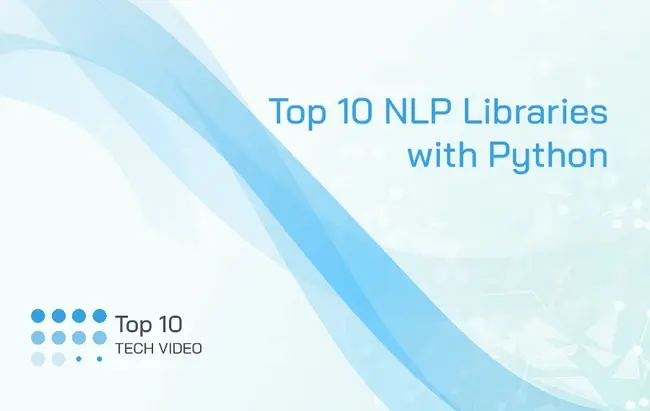Natural Language Processing is one of the most exciting components of the machine learning and artificial intelligence space. This technology empowers communication between machines and human beings, by allowing computer algorithms to process human voice.

NLP (Natural Language Process) simplifies transcription, paves the way for real-time translation, and even helps to build smart assistants. However, for developers to take full advantage of NLP technology, they also need libraries that help them to unlock all the features of this machine learning concept. Here are some of the top NLP libraries designed for Python users.







Comments ( 0 )